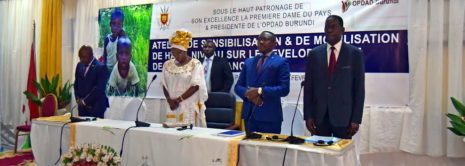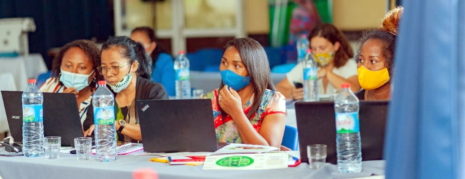Nurturing care indicators for the Brazilian Early Childhood Friendly Municipal Index (IMAPI)
The authors describe the process of selecting nurturing care indicators at the municipal level from existing routine information systems to develop the Brazilian Early Childhood Friendly Index (IMAPI). Read More →








